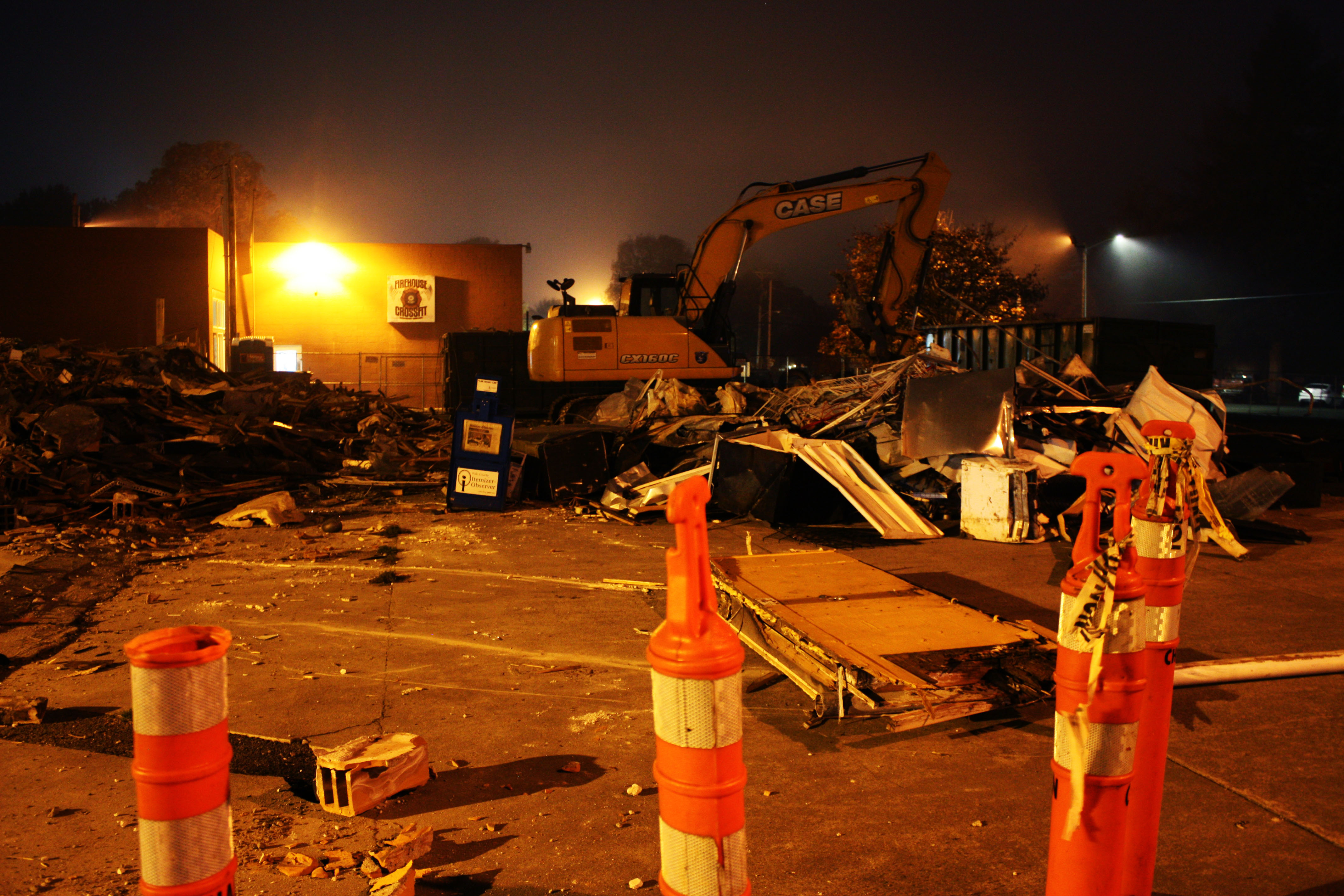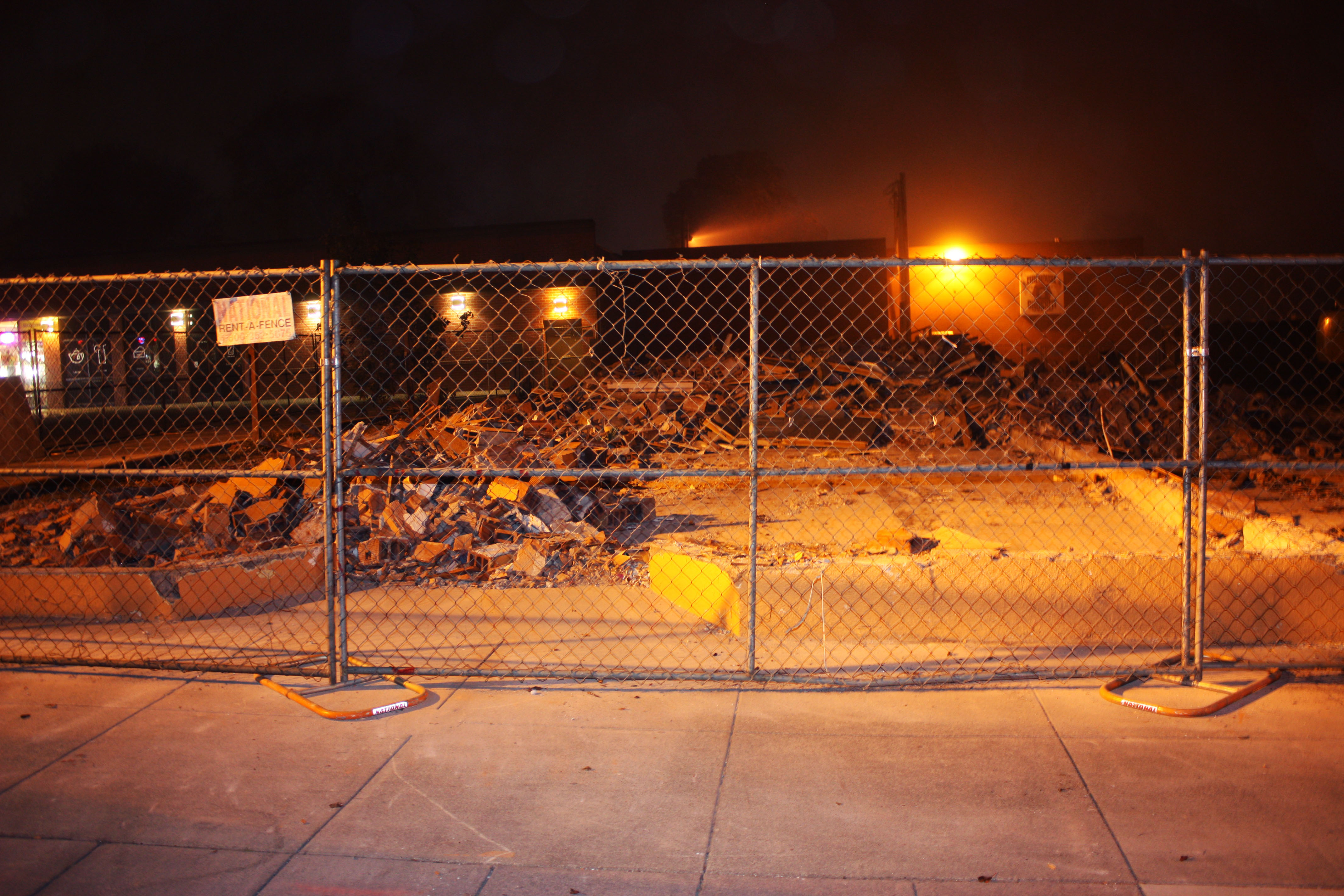Jennifer King outlines her “Concerns for the President” in light of SCHH staffing cuts
Guest contributor Jennifer King
October 29, 2020
Dear WOU Administration and Campus Community,
It is with utmost concern that I relieve my conscience prior to my departure from this institution regarding the lack of access to adequate medical and mental health care.
I am well aware of what the pandemic has done to funding for this university and decisions that have been made to cut staffing were not easy nor taken lightly. That said, I cannot understand the decision to cancel student health fees for the majority of students (many still residing in rural Monmouth) resulting in elimination of services and provider layoffs leaving the health center able to provide the absolute minimum in care during a global health pandemic of which is wreaking havoc on our country both by the disease itself as well as the decline in overall mental health and well-being.
Other universities, including OSU, have not opted to remove the fee as full services are still offered and utilized via telehealth and in-person visits.
I know that administration is overwhelmed with a budgetary crisis and important decisions concerning the future and even the longevity of WOU, but please consider this information from a medical professional. The ramifications of continuing to remove the nominal student health fee and how that affects access to affordable, local and quality women’s health, mental health, and general health care as well as capability for COVID-19 testing within our community are significant.
We are professionals with expertise in treatment, prevention and planning and were not consulted or asked for input in regards to protecting and providing for the physical and mental health needs of the student population. Rather, decisions were made by administrators with no medical knowledge or expertise in healthcare, and we have been told what we will do and how we will do it.
With the cuts, we will be left with one male practitioner who has specialized in mental health for the past 20 years.
Not to his discredit, but he recognizes his need for frequent consultation from his medical director (me) and former colleague regarding women’s health and acute care in office procedures and diagnoses unrelated to his area of expertise.
He was previously using continuing education to become more current in these areas, but there will be no funding nor time off for this either.
In addition, he is a front-line worker, considered by self-report to be high risk should he contract COVID, leaving him with undue anxiety not only concerning his own health, but leaving the clinic unstaffed should he become ill or simply need a break from the constant burden of working in this field. He has already had to self-isolate for 10 days due to possible COVID symptoms leaving no medical provider in the office.
In addition, leaving one highly specialized provider to perform all health visits is a liability to him and to the institution, and his voiced concerns (emails earlier in the term) of this have seemingly gone unheard by his superiors.
We also see a number of female students requesting a female provider for general sexual health and wellbeing screenings, contraceptive services, personal concerns, post sexual assault as well as cultural considerations that preclude them from seeing a male medical provider.
We are in a limited access rural health community with few options for our students to receive health services without a personal vehicle.
Furthermore, we see a number of uninsured, financially constrained students, DACA included, who repeatedly use and benefit from having access to unlimited, on campus medical and counseling appointments and who otherwise would have no access to any affordable health care.
I understand that perhaps the consideration to withhold health fees was somehow seen as beneficial and benevolent to our students from an overarching mindset that we are saving them money.
That is not the case in most instances as being told they now must pay the fee (most do not even realize they pay this) to access services after financial aid and scholarships have paid their tuition and fees seemingly makes them think and/or feel it is “out of their pocket” now.
Just as President Fuller volunteered to decrease his salary significantly as mentioned in the Town Hall, I would have been willing to discuss my own salary, hours, as well as benefits to continue to offer students the option to have some access to a female medical provider.
If you polled the students, and perhaps you should, ask them about how they have been put at ease and cared for by a diverse group of medical professionals during their most vulnerable times.
Ask them if they mind being automatically assessed the health fee for unlimited access to all medical and mental health services by a cohesive team of professionals of different backgrounds and expertise.
Ask them if they would like easy and timely access to care should they experience a medical or mental health crisis or need something simple like a COVID test or prompt treatment for a sexually transmitted infection, fall from a bicycle, emergency contraception, or other unforeseen traumatic event.
Students have consistently stated in surveys that the SHCC was one of the most valuable services on campus. Someone should have asked their thoughts prior to the decision to dismantle our team of dedicated health care providers, and the fee-paying students should be informed of the now severely limited and inadequate access to care.
This has not been communicated to the student body which is grossly inappropriate.
My concerns are not of my position being terminated, but of the greater good and concern for public health, our student and campus community’s access to comprehensive care, and the absolute need of having a medical voice on this campus during a pandemic.
With Utmost Concern,
Jennifer King, MSN, FNP-BC
Medical Services Director
Western Oregon Student Health and Counseling Center





